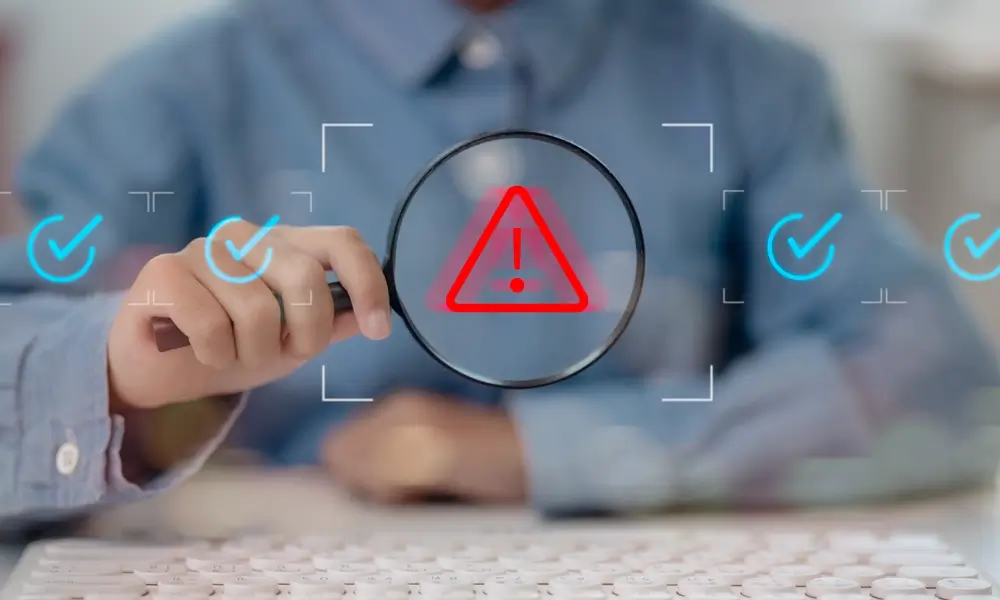In recent years, much has been said about LGPD — the General Personal Data Protection Act (Law No. 13,709/2018). However, as new demands and technologies emerge, we realize that the topic of protection of personal data, fundamental to the security and credibility of companies, seems to have lost space in everyday discussions.

In this scenario, it is essential to reinforce why the LGPD remains a strategic pillar for any organization that wishes to maintain market trust and legal compliance.
What is the LGPD and why is it so important?
A General Data Protection Law was created to regulate processing of personal data in Brazil, imposing on companies and organizations the responsibility to protect the information they collect, store, and use.
More than a legal obligation, the LGPD represents a ethical commitment to privacy and security of clients, partners, and collaborators. By following their guidelines, companies demonstrate respect for the data and rights of citizens, reinforcing their reputation and solidity in the market.
Transparency and control: new standards for data management
In addition to imposing rules on collection and storage, the LGPD brought a new look at information governance.
Now, it's not enough to simply store data: it's necessary to ensure full transparency about how this information is used and ensure that data subjects can exercise control over their own data - including the possibility of requesting access, correction, or deletion.
Consequences of non-compliance with the LGPD
Ignoring the LGPD can lead to severe penalties. Among the main consequences are:
- Fines that can amount to 2% of the company's annual revenue, limited to R$ 50 million per violation;
- Partial suspension of database operation;
- Damage to image and reputation of the organization, which can directly impact the trust of consumers and partners.
In a highly competitive environment, reputation and credibility are valuable intangible assets — and that may be compromised by data protection failures.
How to ensure compliance with the LGPD?
Even though the topic has fallen out of the spotlight, The need to comply with the LGPD remains more current than ever.
Check out some fundamental good practices to ensure compliance with the law:
Data mapping
Identify all data collection, storage, and sharing points. Understand What information is collected, where they are stored, who has access and for how long they are retained.
Clear privacy policies
Elaborate accessible and transparent documents, that explain in a simple way how personal data will be used, with language understandable to the target audience.
Explicit consent
Ensure that the data collection takes place in a legal manner, through the free, informed and unambiguous authorization of the owner - especially in online forms, cookies and registrations.
Information security
Implement data protection technologies, such as encryption, two-factor authentication, and frequent backups. Also adopt good cybersecurity practices to prevent leaks or undue access.
Team training
Make employees aware of their data processing responsibilities. A well-trained team is essential to avoid human failures, which are one of the main causes of incidents.
Owner service channel
Make available easy and fast means so that the owners can exercise their rights provided for by law, such as access, rectification and deletion of personal data.
More than law, a competitive advantage
A LGPD is not just a legal obligation: it is an opportunity for companies to strengthen their relationship of trust with customers and partners.
Invest in Data protection is investing in reputation, competitiveness and the future. In an increasingly digital and demanding market, respecting privacy and ensuring security are clear differentials.
So, even though the topic seems to have lost space in the news, revisit compliance practices and reinforce data protection culture in companies it's more than prudent — it's strategic.
After all, information security and respect for privacy never go out of style.





